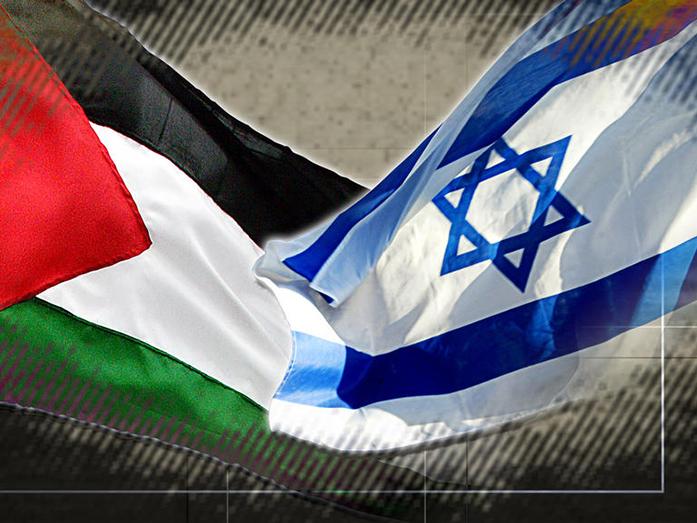Paul Osgerby
paul-osgerby@uiowa.edu
Here in the United States, we love to spotlight flip-floppers. Scott Walker on undocumented immigrant paths to citizenship, Jeb Bush on (re)invading Iraq, and Marco Rubio on increasing military spending are a few examples from Republican candidates this presidential election. Overseas, however, such media tactics remain obscured — except for Israeli Prime Minister Benjamin Netanyahu.
His sensationalized reversals between supporting a two-state solution for the Israeli-Palestinian conflict are his crowning achievements in the form of indecisiveness, though they are more likely what will appeal to his voters and political backers (yes, that means the United States). However, with recent reports released from his office, it seems Netanyahu is taking a further step to raise Arab-Jewish tension in the tumultuous West Bank and Gaza Strip.
Netanyahu has detailed a potential policy in regards to firing live bullets at protesting Palestinian stone-throwers: “Since the justice system finds it difficult to deal with minors who throw rocks, changes to orders on opening fire toward stone- and petrol bomb-throwers will be examined,” said the prime minister’s office in a release.
Not only is this the most recent change of rhetoric in Netanyahu’s camp, it it foreshadows what could further amplify human-rights atrocities in the region (which stem from both sides of conflict).
Following the 1949 armistice, which demarcates Jewish and Arabic territories in the region and is, naturally, enforced by Western powers, Jerusalem has found itself the focal point of persisted conflict. However legitimate or illegitimate heritage claims are to the sacred city, the West Bank, where Jerusalem is situated, has become the grounds for serious human-rights infringements.
The United Nations reported earlier this summer that both Hamas and Israel were at fault for war crimes during their 2014 conflict, violating international laws by deploying children as tactical pawns. According to the U.N. report, Hamas deployed children as artillery shields as well as firing 4,881 rockets and 1,753 mortars, while Israel fired more than 50,000 tank and artillery shells with approximately 6,000 air strikes, one resulting in the death of four Gaza boys.
Netanyahu immediately claimed foul play in the U.N. report, claiming it was “flawed” and “biased.” That is the rhetorically fueled nature of the conflict, and the coverage of thus, in the region, though. Where is the Palestinian rhetoric in Western media?
In an annual report released earlier this week, the U.N. Conference on Trade and Development determined the city of Gaza in the war-ravaged Gaza Strip could become uninhabitable in five years’ time. Because of socioeconomic and environmental ramifications as a result of fighting, which are further exacerbated by the Israeli blockade, the infrastructure is rapidly crumbling in one of the most densely populated territories in the world.
As a residual effect from conflict, 95 percent of the drinkable water in Gaza, which come from coastal aquifers in the area, is rendered unsafe by pollution, according to the report, while the city cannot meet even 40 percent of its electricity demand. Because vital resources have become so scarce, 72 percent of Gaza households are food insecure, resulting 868,000 of the population dependent on U.N.-affiliated distribution of food. Unemployment has peaked at 44 percent to further compound the plight to live in the resource-devastated city.
Political allegiances aside, the consequences of war have not only left the city landscape as a shell, the necessary resources to keep a city alive are failing. The Israeli prime minister wishes to further destabilize an already ravaged region, in which it seems the United States will regardless capitulate to the demands of Netanyahu’s newest stone-thrower policy, directly targeting younger Palestinian Boys, for the sake of preserving political sanctity.
A two-state solution is imperative for the region, where both sides of the conflict must be held accountable for the associated war crimes they have committed, particularly the largely disregarded tactics by Israel— rather than sensationalize the act of flip-flopping policy.



